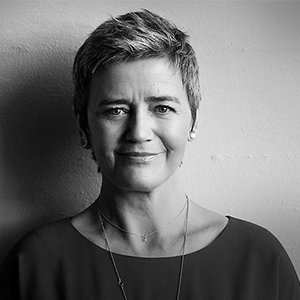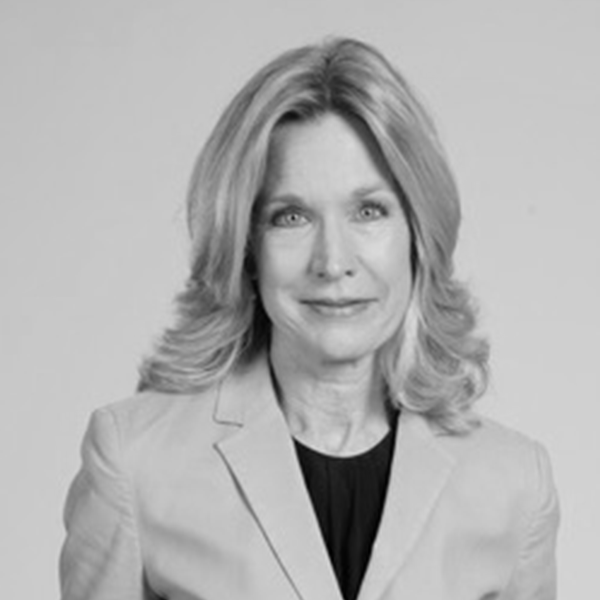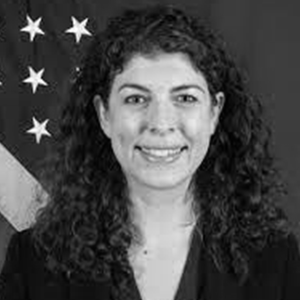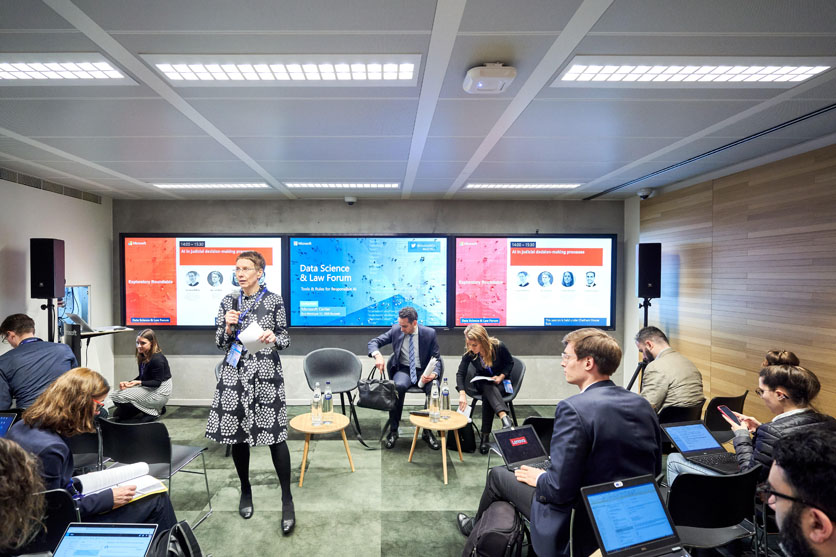Allison Schwier is currently serving as the Acting Science and Technology Adviser to the Secretary of State. In this role, she helps to connect Department foreign policy priorities to research, development and discoveries emerging from academia and the private sector.
From 2019-2021, Allison served as a Senior Policy Adviser in the STAS office, focusing on issues including 5G, semiconductors, research integrity, Smart Cities, surveillance technologies, and science and technology programs and policies in the People’s Republic of China. From 2015-2019, Allison served as a Foreign Affairs Officer in the Office of Chinese and Mongolian Affairs, Bureau of East Asian and Pacific Affairs, covering the Democratic People’s Republic of North Korea and the energy, environment, science & technology and health portfolios.
Prior to the State Department, Allison worked in the office of Senator Christopher Coons (D-DE) in the United States Senate, where she served as an energy/environment policy advisor. She co-wrote and introduced two pieces of legislation, to help combat wildlife trafficking and encourage the federal government to utilize citizen science and crowdsourcing, which were signed into law by then-President Obama. She also developed policy on issues such as climate change, sustainable chemistry, nuclear energy, and genetically modified organisms.
Allison received her Ph.D. and M.S. in Chemical Engineering from Columbia University in the City of New York, and her B.S. in Chemical Engineering and B.A. in Music from the Pennsylvania State University. She also worked in Clermont-Ferrand, France for the Centre National de la Recherche Scientifique, studying ocean acidification effects in the Mediterranean region.



 Kate Crawford
Author of "Atlas of AI"
Senior Principal Researcher, Microsoft Research
Kate Crawford
Author of "Atlas of AI"
Senior Principal Researcher, Microsoft Research
 Lorena Jaume-Palasí
Founder, The Ethical Tech Society
Lorena Jaume-Palasí
Founder, The Ethical Tech Society
 Dr. Jean-François Bonnefon
Senior Director, Toulouse School of Economics
Dr. Jean-François Bonnefon
Senior Director, Toulouse School of Economics
 Hanna Wallach
Senior principal researcher, Microsoft Research
Hanna Wallach
Senior principal researcher, Microsoft Research
 Tonje Hessen Schei
Director and Producer of iHuman Documentary
Tonje Hessen Schei
Director and Producer of iHuman Documentary
 Eric Horvitz
Technical Fellow and Chief Scientific Officer, Microsoft
Eric Horvitz
Technical Fellow and Chief Scientific Officer, Microsoft






































